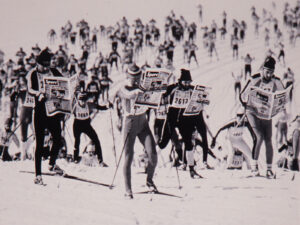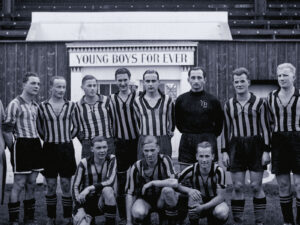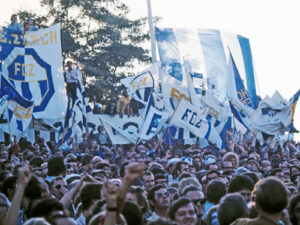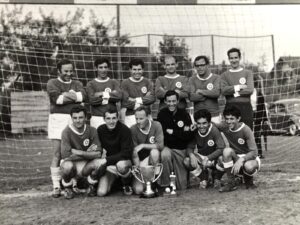
Power on the pitch
The over 100-year history of Zurich football club FC Hakoah highlights the importance of Jewish sport in the building of identity and the integration of Jews in Switzerland.
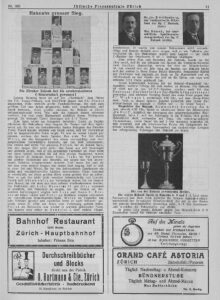
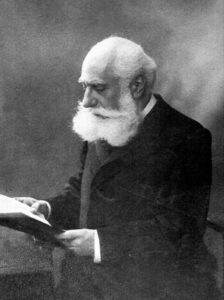
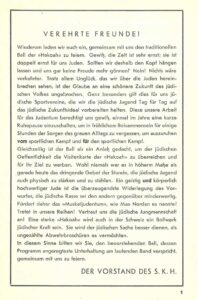
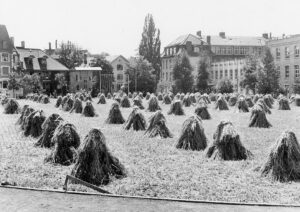
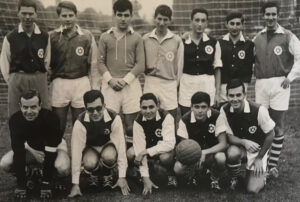
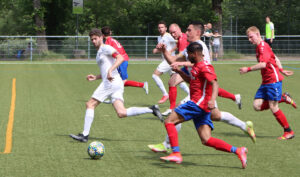
Swiss Sports History
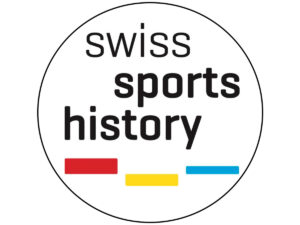
This text was produced in collaboration with Swiss Sports History, the portal for the history of sports in Switzerland. The portal focuses on education in schools and information for the media, researchers and the general public. Find out more at sportshistory.ch

